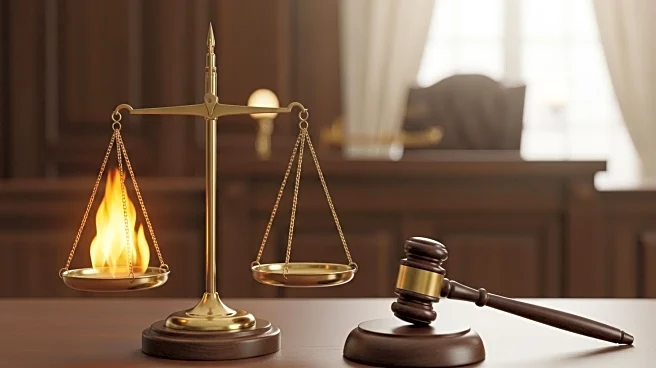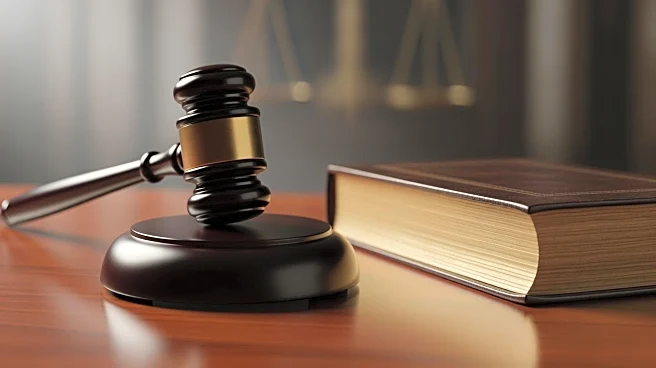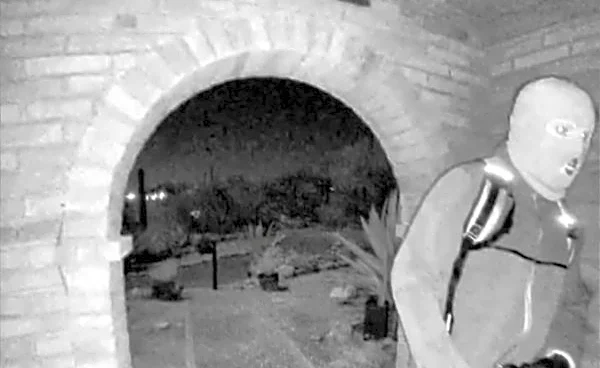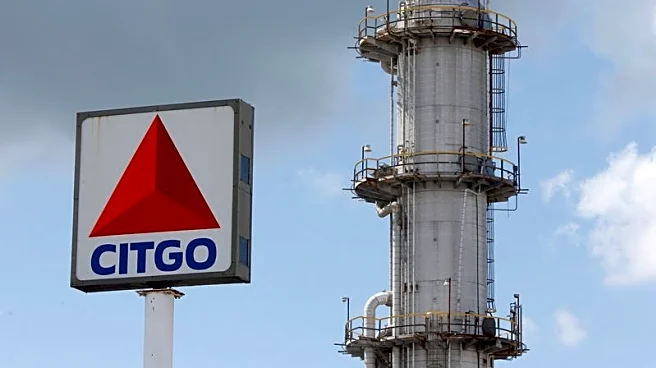What's Happening?
Southern California Edison has released details of its compensation plan for victims of the Eaton Fire. The plan stipulates that victims must agree not to sue or pursue any legal action against the company if they choose to accept the compensation offered. This development comes as part of the company's efforts to address the damages caused by the fire, which has affected numerous residents and properties in the area. The compensation plan is designed to provide financial relief to those impacted, but it also includes a legal waiver that prevents recipients from seeking further legal recourse.
Why It's Important?
The compensation plan is significant as it provides immediate financial assistance to those affected by the Eaton Fire, potentially helping them recover from losses and damages. However, the requirement for victims to waive their right to sue raises important legal and ethical questions. It may limit the ability of affected individuals to seek full accountability and justice through the courts. This approach could set a precedent for how utility companies handle compensation in future incidents, impacting public policy and consumer rights. Stakeholders, including legal experts and consumer advocacy groups, may scrutinize the implications of such legal conditions.
What's Next?
Affected residents will need to decide whether to accept the compensation under the stipulated conditions. Legal experts and advocacy groups may challenge the waiver requirement, potentially leading to public debate or legal challenges. Southern California Edison may face pressure to revise the terms of the compensation plan to address concerns about fairness and accountability. The situation could influence future regulatory policies regarding utility companies and their responsibilities in disaster compensation.











